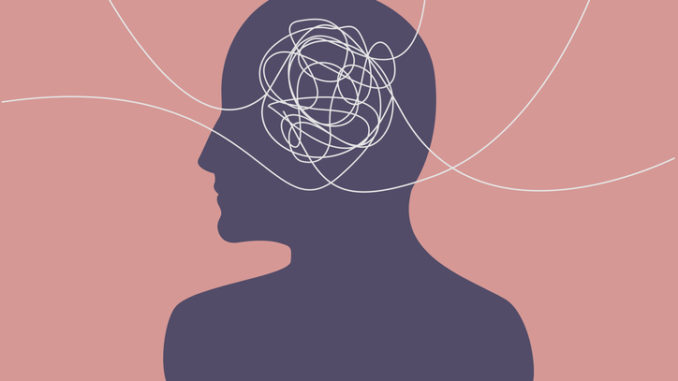
When you have responsibility for others’ wellbeing, it can be very easy to forget about yourself
CREDIT: This is an edited version of an article that originally appeared on Management Today
Articles about mental health in leadership often offer tips for taking better care of employees, but it’s equally important that leaders look after their own wellbeing. The leader’s role in the COVID-19 pandemic – having to operate amid deep uncertainty, while being expected to be the one to provide all the , and look after everyone else’s mental health – is piling an unusual type of stress on CEOs, says Tara Swart, a neuroscientist, executive coach and senior lecturer at MIT Sloan School of Management.
So, as more restrictions are being enforced across the UK, and with experts warning that there is a looming mental health crisis, here are five ways leaders can look after themselves.
Talk
Pretending to be someone else is draining, and harmful to your wellbeing, so Mediacom’s global COO and EMEA CEO Josh Krichefski advises leaders to bring their true selves to work. To do this, they need to create a culture where it feels okay to share how you feel.
Josh kicked off a company-wide newsletter called “My mental health story” with his own tale. “For me, that was braver than speaking about it at Ad Week. Sharing something very personal with the whole company, with my name attached to it, is quite powerful and impactful.”
Felix Koch, CEO EMEA and APAC at customer agency C Space, agrees that normalising conversations around mental health starts from the top. “I’m very open with my staff about the benefits of therapy, and everyone at work knows I go,” he says. “I know that it doesn’t work for everyone and, of course, not everyone has the luxury to go, but it helped me and I want to share that”.
Self-care is key
Investing in tools to help preserve mental health is crucial, says Anna Baréz-Brown, co-founder of Shine. The most valuable tool is a focus on self care. By ‘unplugging’, and looking inwards, you can learn to better understand your emotions and make sense of them.
“I encourage everyone to dedicate time, daily, to invest in their mental health and spend time understanding how they feel and why. You can use this to make a conscious decision to enable you to move forward”, she says.
Rest is also key to better mental health, according to Decoded’s co-founder and co-CEO, Kathryn Parsons. “We are human beings, and not machines. It’s okay to put the devices down, bin the Zoom calls, stop trying to be ‘productive’ and go and stare at a tree for a few hours”.
Spotting the stressors
After around 20 years of working in the corporate world Ian Hurst had a mental breakdown. “I just started crying. I couldn’t just ‘chin up’ anymore”, says the co-founder of We are Hummingbird. After he developed social anxiety, his employer at the time offered him support in the form of mental health first aid training.
Only 13% of managers in the UK have attended specific training that focuses on mental health, and only 11% of managers have received training on understanding workplace stressors. However, when training to recognise the signs of poor mental health in others, Ian recognised much of himself there and found the support ‘life changing’. He then used his training to support colleagues, have honest conversations, and break down the stigmas surrounding poor mental health in his own workplace.
While we are in the grip of pandemic-induced stress, it can be hard to differentiate whether your sagging lust for life is normal given the situation, or a sign of a deeper issue. You won’t be able to tackle the latter if you don’t know it’s there.
“Now, more than ever, there is a need to be able to identify the signs and symptoms of poor mental health, which can lead to suicidal behaviours,” both in yourself and your team, Ian advises.



Be the first to comment